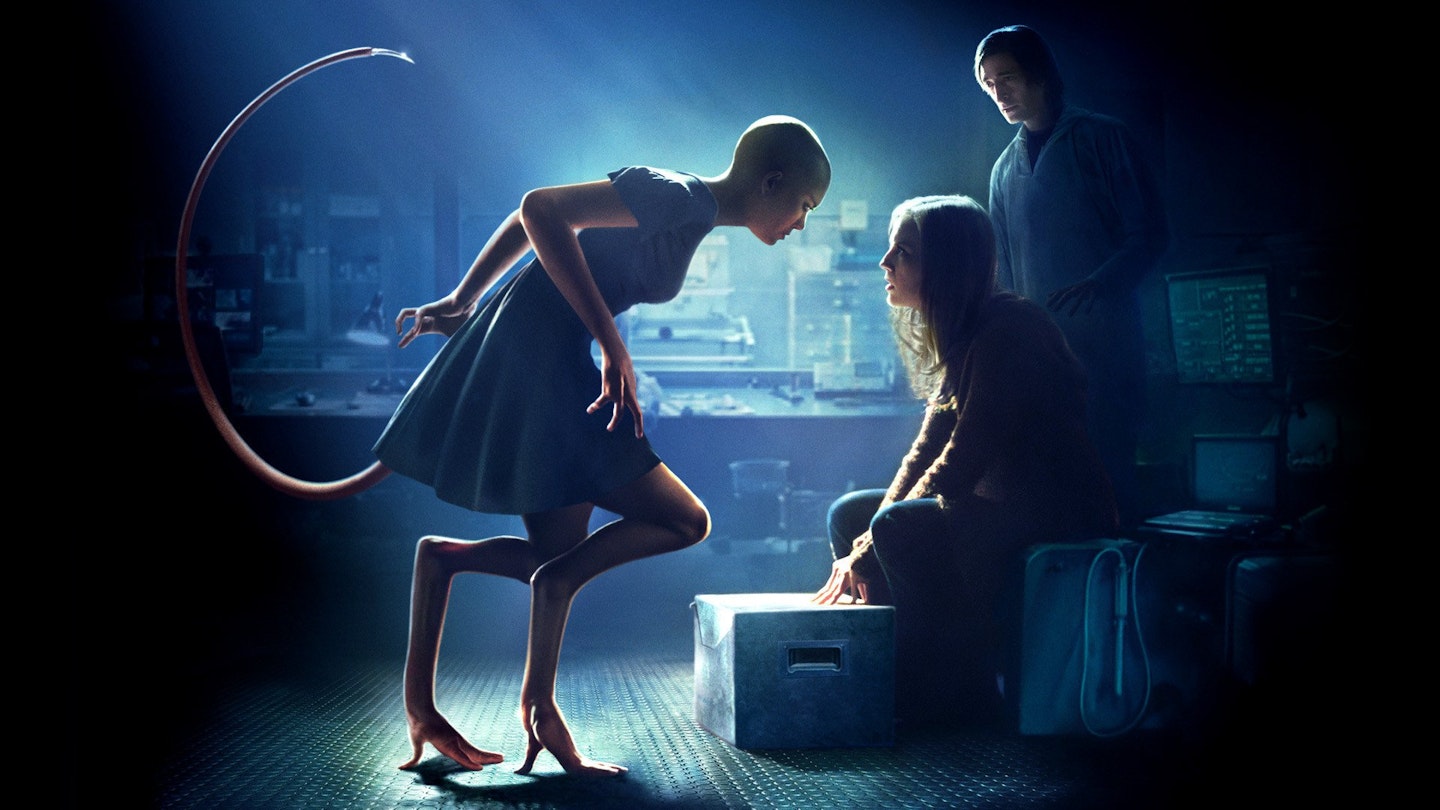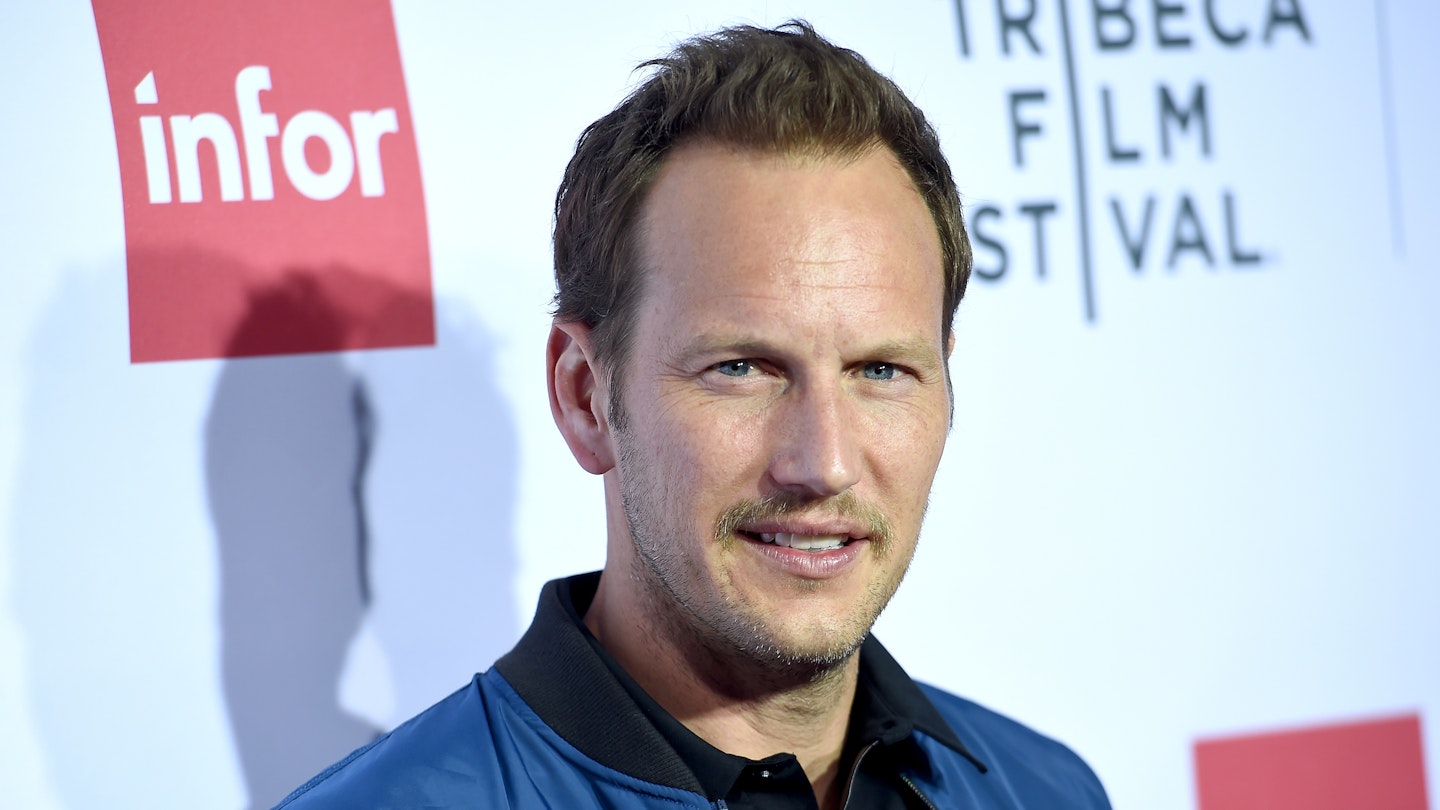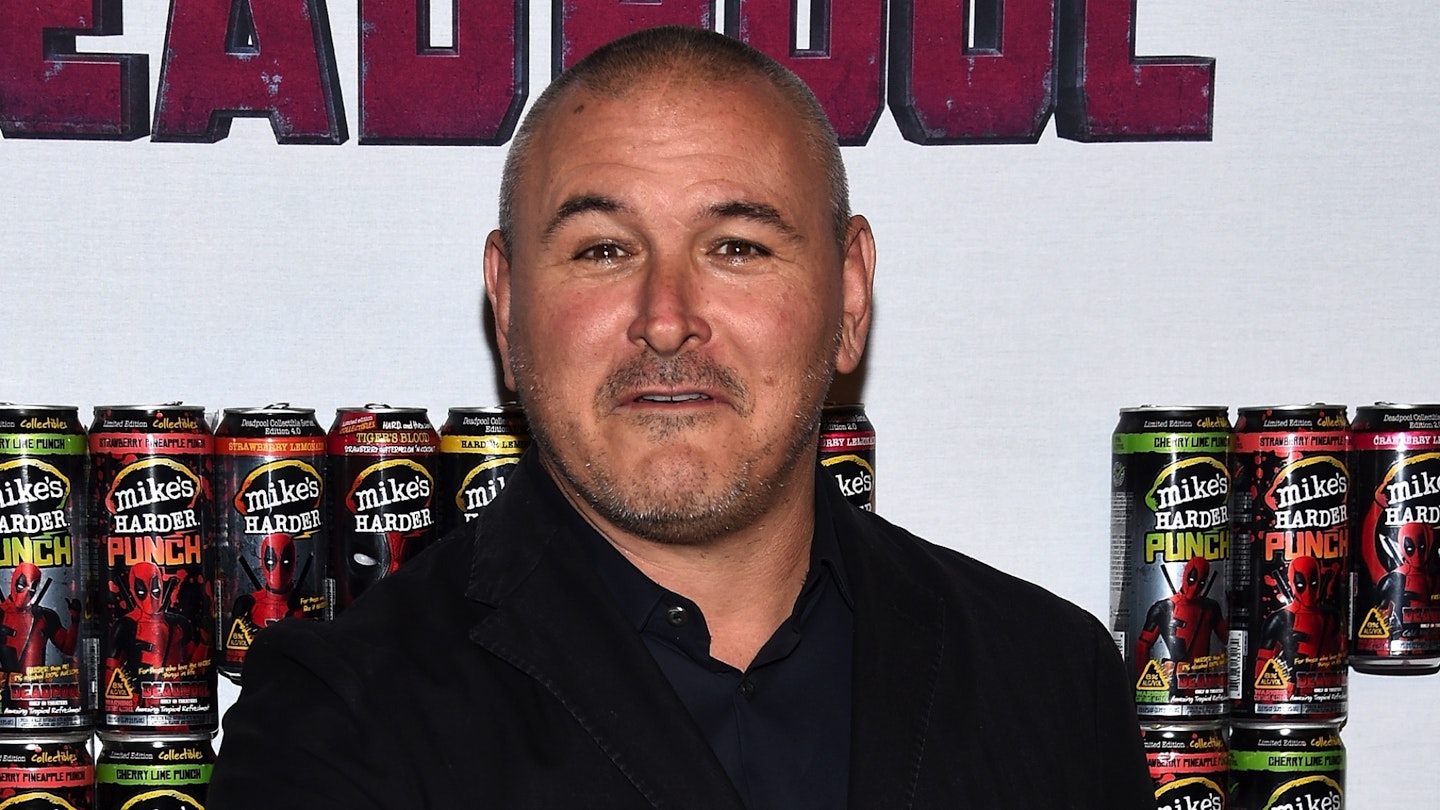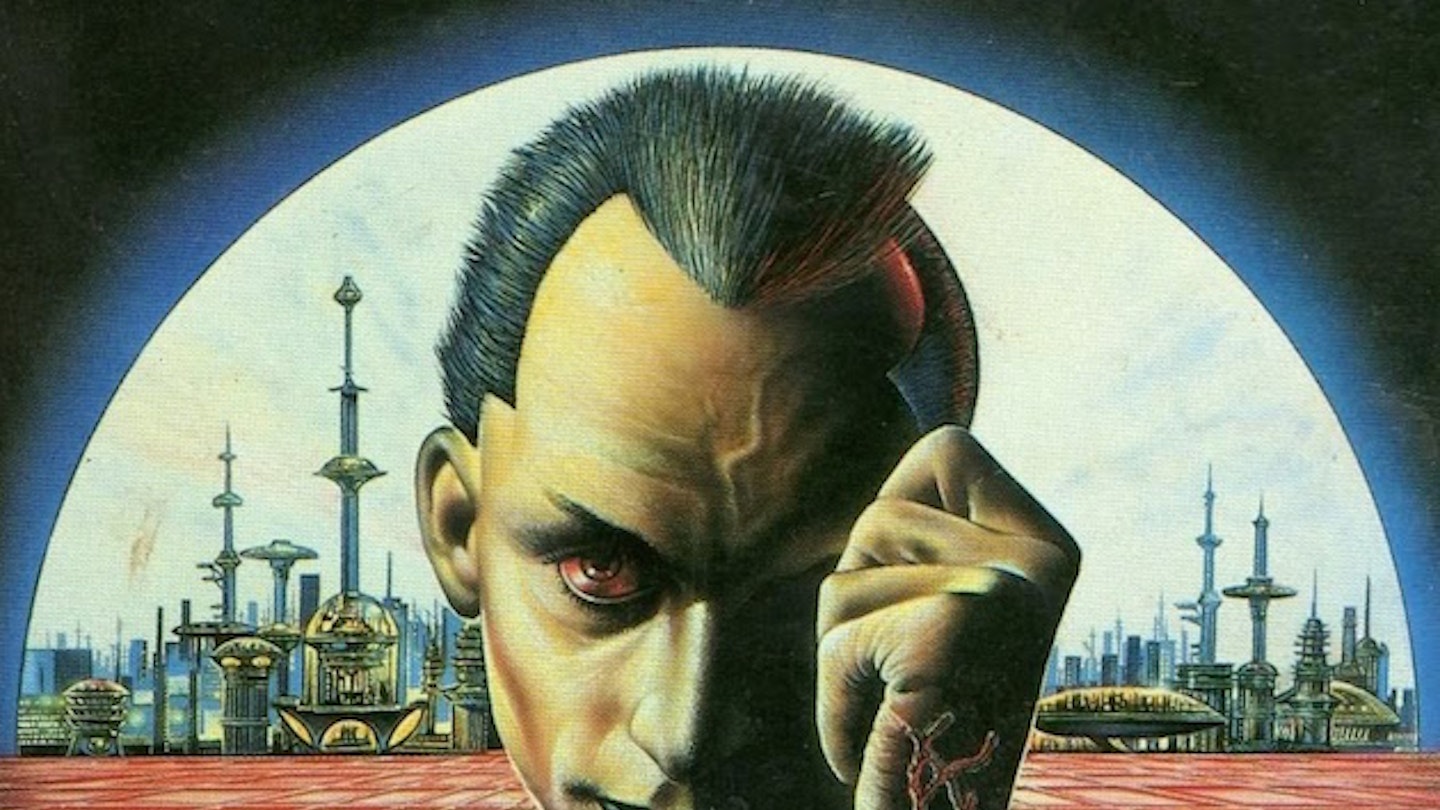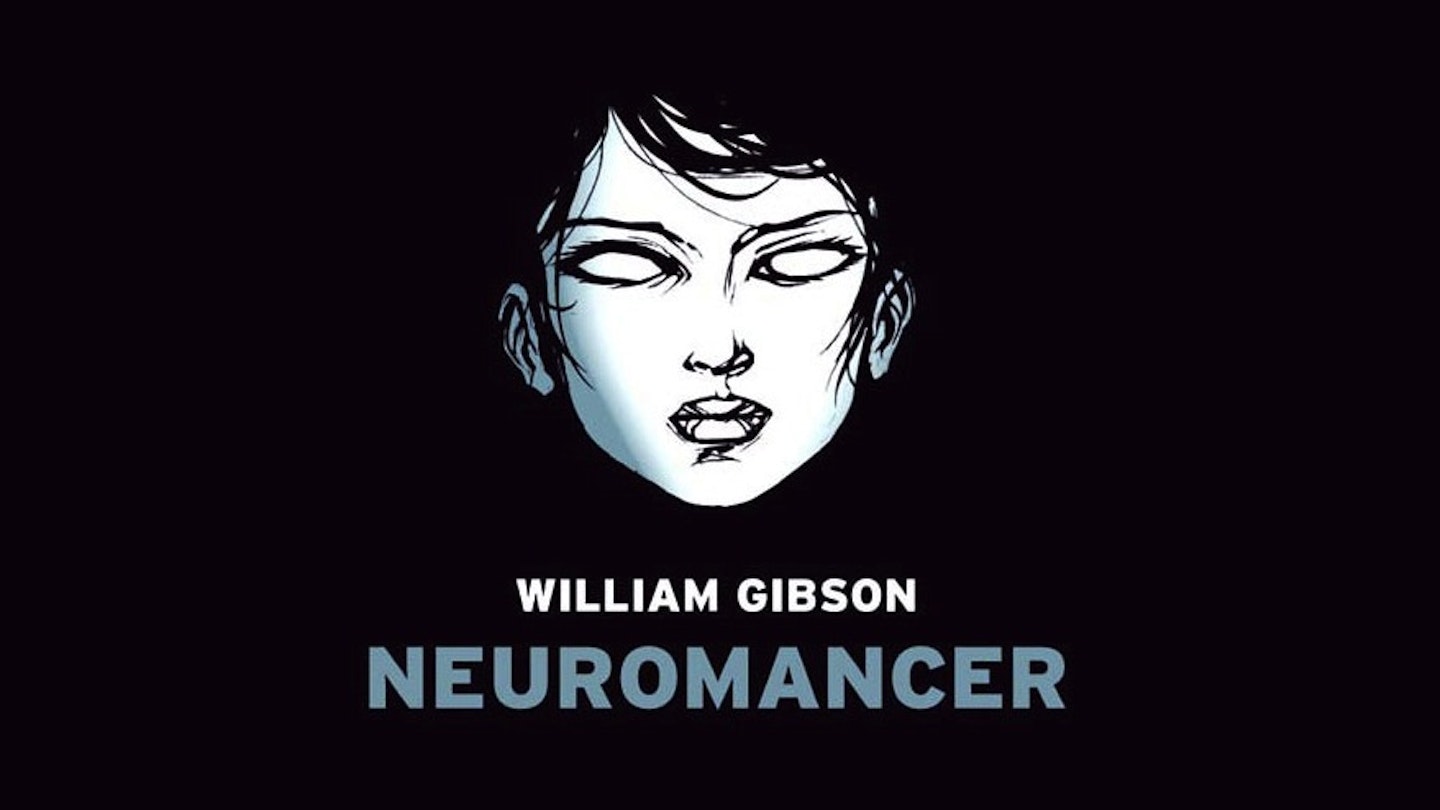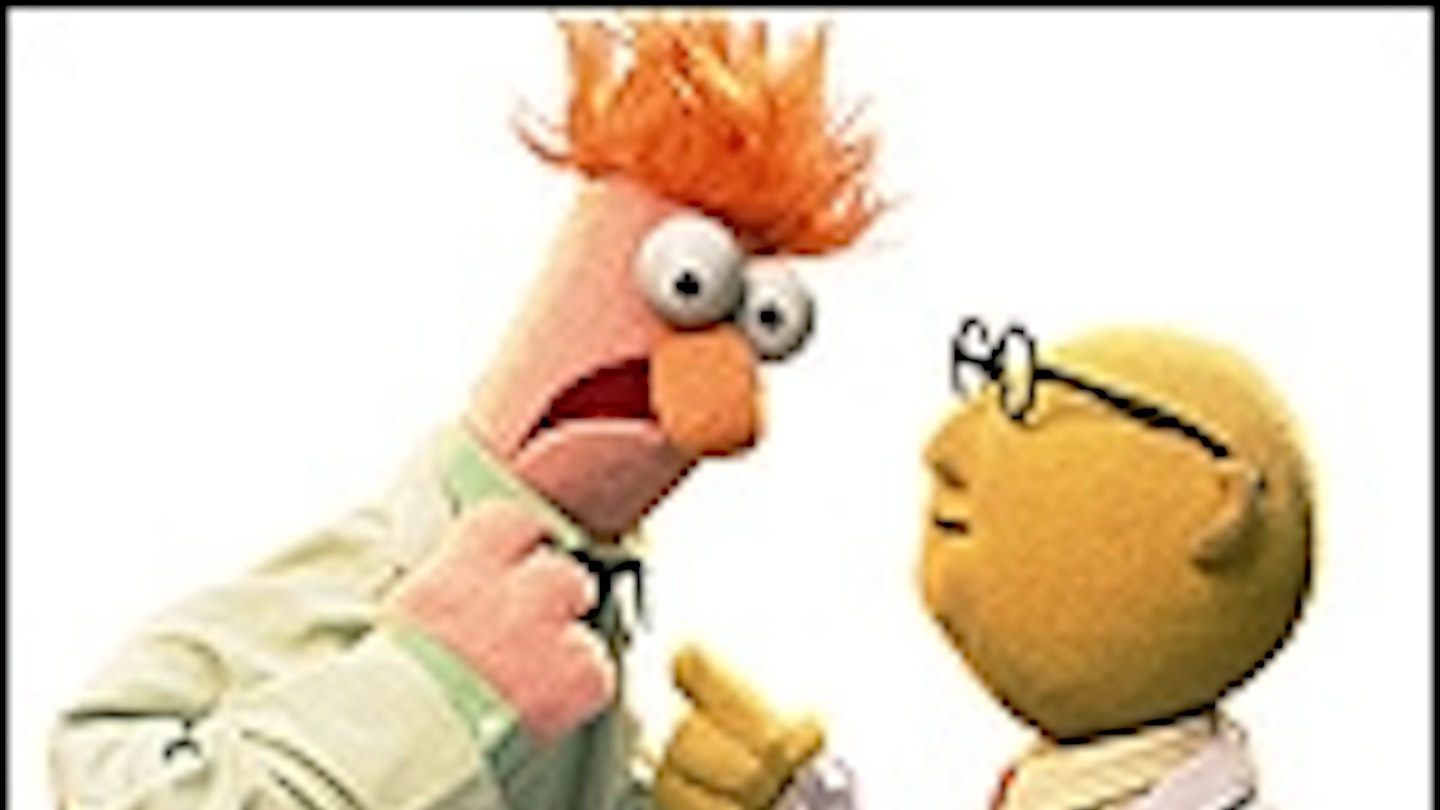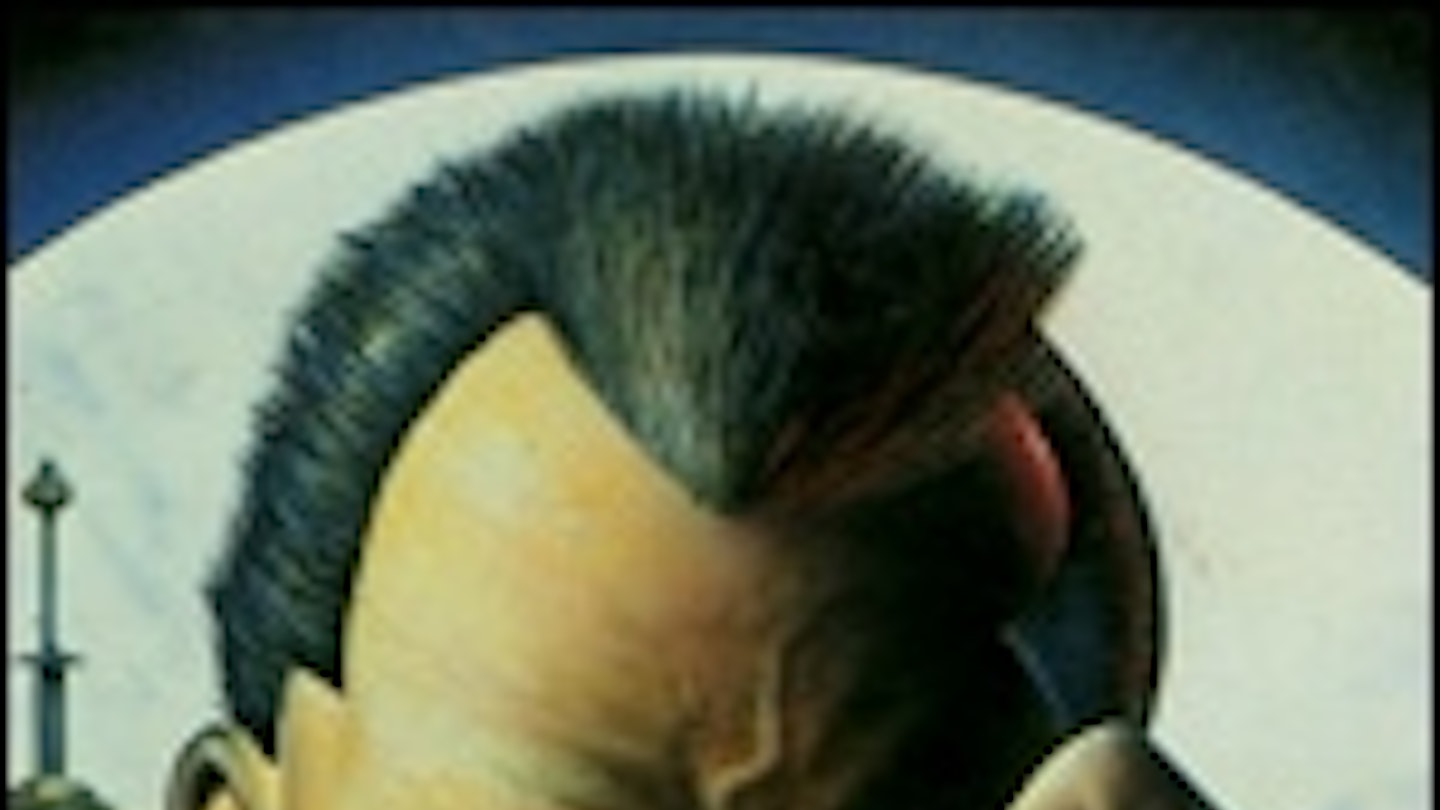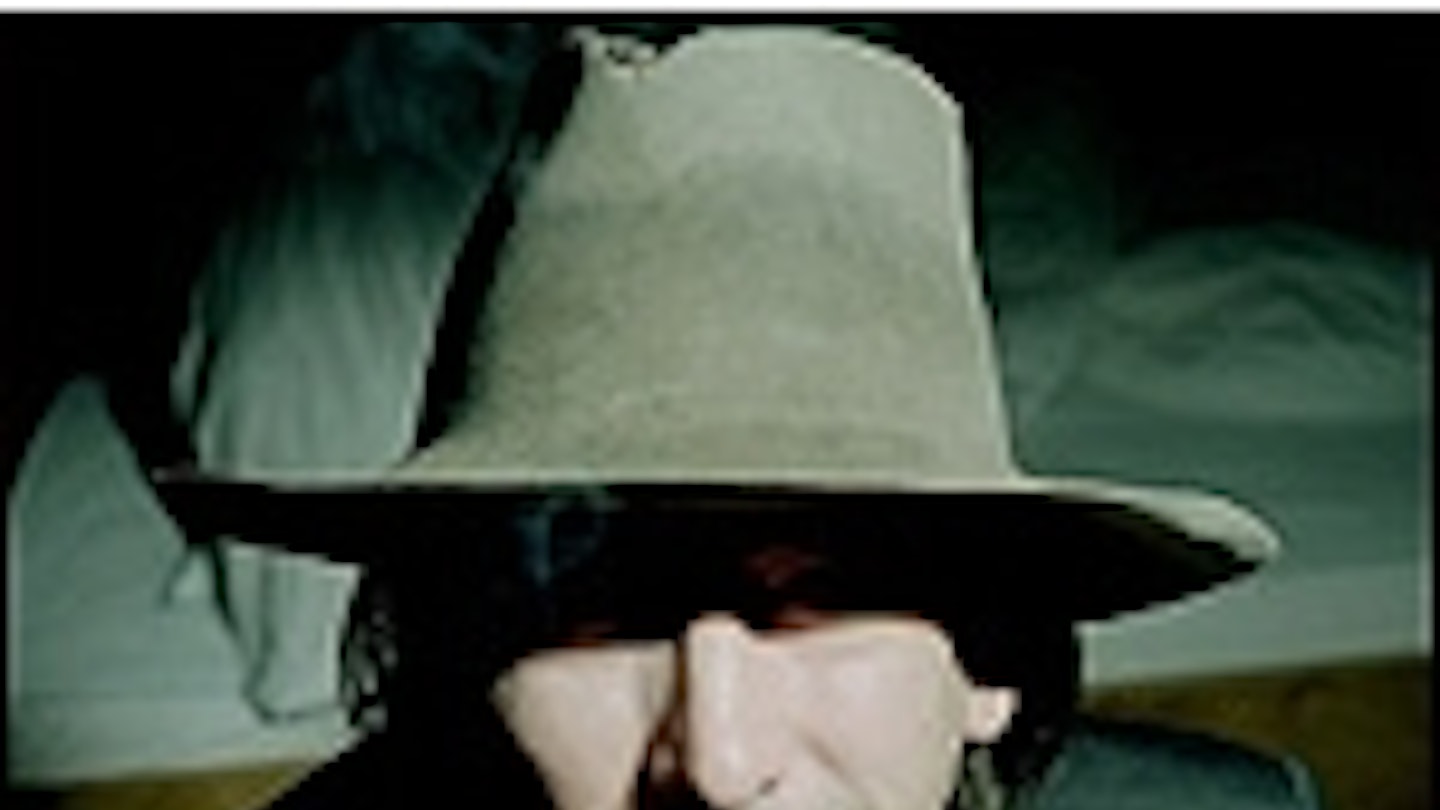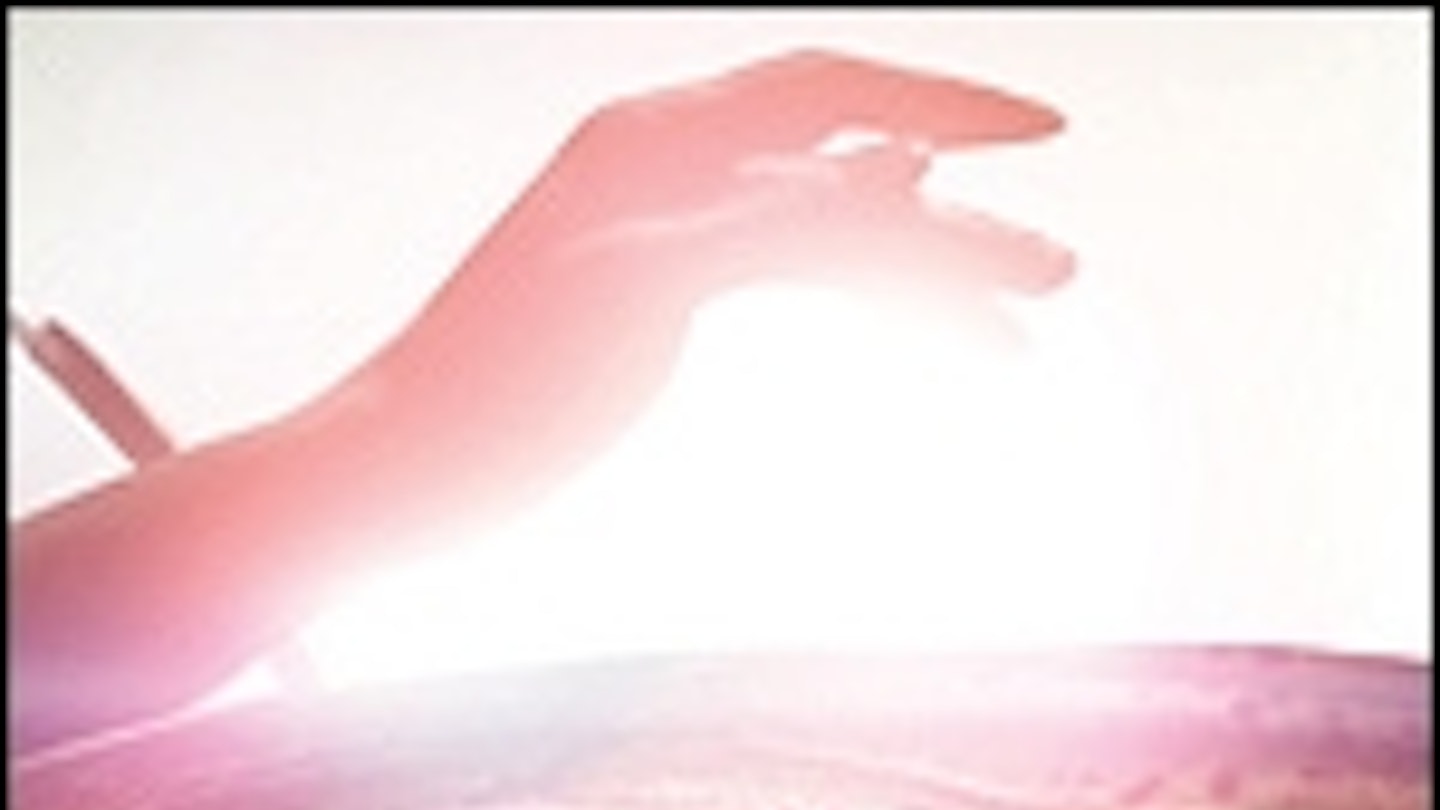The characters in Splice are named after actors in James Whale’s Bride Of Frankenstein; an indication of the approach writer/director Vincenzo Natali (Cube, Cypher) took to the subject of artificial life. Like Mary Shelley, Natali is concerned with scientific ethics — intensified in the 21st century by corporate sponsorship and demand for profitable products from expensive research — but equally troubled by the unique relationship Frankenstein and the monster may have. Signalled by a mid-film location shift from antiseptic corporate lab to run-down Gothic farm, sci-fi turns to horror as the personal failings of the creators and the created lead (inevitably) to violent clashes.
For the most part, this is a complex character drama: Elsa (Sarah Polley), who has seemingly put her own horrible childhood behind her, resists having a baby with Clive (Adrien Brody), but is eager for her experiment to become a daughter, though she is as flustered by Dren’s extreme metamorphoses and mood-swings as any mother of a tearaway teen. The centrepiece of any Frankenstein film is the monster, and Dren is extraordinary, portrayed by Delphine Chanéac with CGI augmentations. Sprouting wings or gills, with a deadly barb at the end of her prehensile tail, Dren feels as real as Karloff’s Monster. Natali plays expertly on our sympathies as the plot takes a darker tone — this is a horror movie in which we are as afraid of what will happen to the monster as of what she will do to other people.
Frankenstein’s crime was not loving his monster. This film asks what may happen if a mad scientist loves the creation; the creature shyly adores the labcoats who have bred her, but is still capable of jealous anger. There are as many heartfelt, emotional scenes as acute horror moments. An oddly disjointed third act offers more conventional action/horror but feels curtailed (major plot points, even characters, get swallowed between scenes) and less poignant than the build-up.
